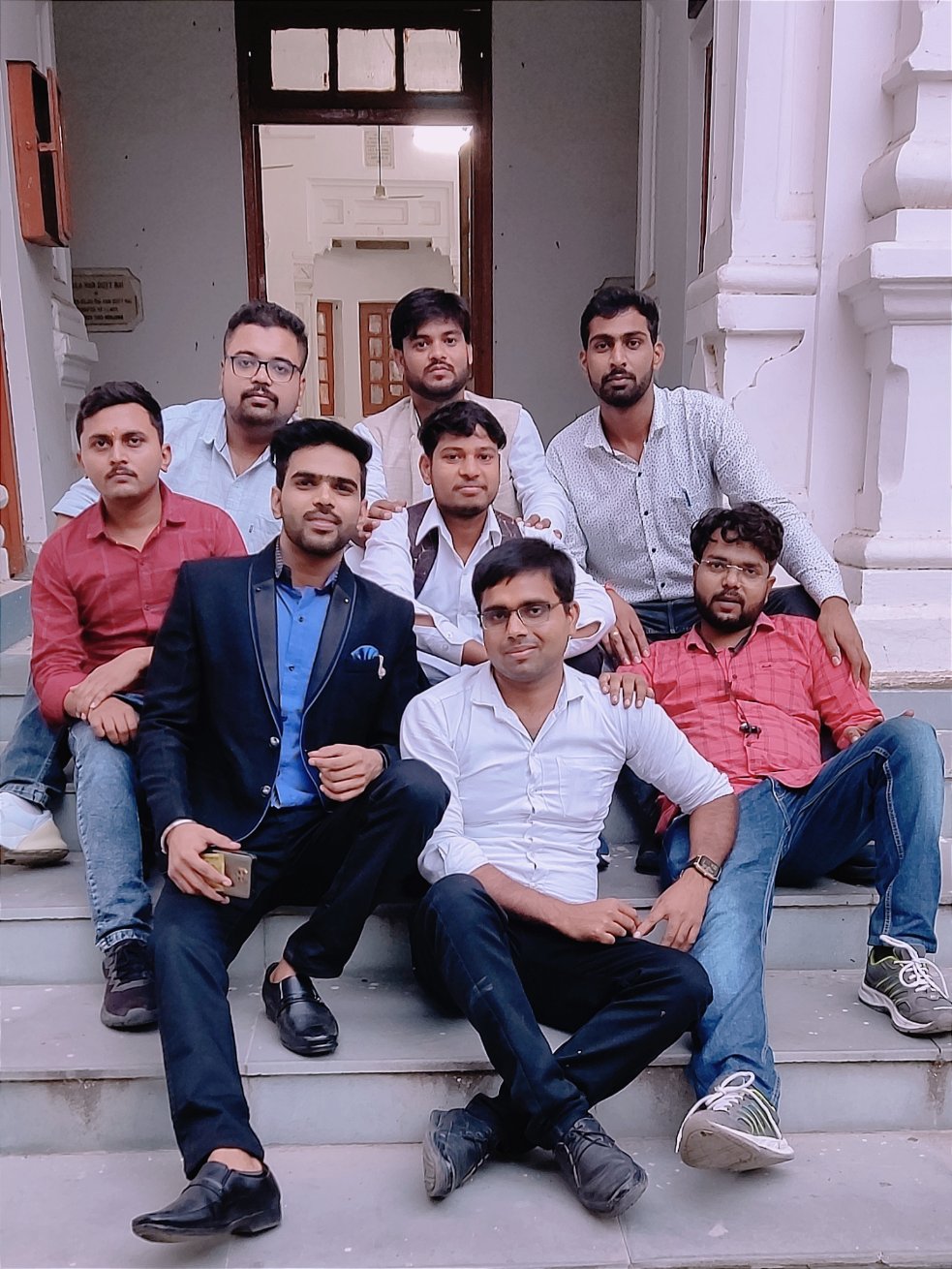Article 123: Power of President to promulgate Ordinance during recess of Parliament
Article 123 gives the President of India the power to issue ordinances in India. Any ordinance must be approved by the Parliament within 6 weeks.
In the Indian Constitution, the power to promulgate ordinances is provided under Article 123. An ordinance is a temporary law or executive order issued by the President of India, on the advice of the Council of Ministers (the Union Cabinet), when Parliament is not in session.
This power allows the government to address urgent legislative matters that require immediate attention. Here are the key details about ordinances in the Indian Constitution:
Article 123 - Power to Promulgate Ordinances:
- Article 123 grants the President of India the authority to promulgate ordinances when:
- The Parliament (both Houses - Lok Sabha and Rajya Sabha) is not in session, and
- The President is satisfied that circumstances exist that require immediate action.
- The President issues ordinances on the advice of the Council of Ministers headed by the Prime Minister.
Temporary Nature:
Ordinances are temporary laws and have the same legal force as an Act of Parliament. However, they are effective only for a limited period, specifically for six weeks after the Parliament reconvenes. If not approved by Parliament during this period, they cease to operate.
Subject Matters:
Ordinances can be issued on any subject over which Parliament has legislative authority, except for matters that fall within the exclusive jurisdiction of the states. This means that ordinances can cover a wide range of subjects, including national and state-level issues.
Approval by Parliament:
To become a permanent law, the ordinance must be approved by both Houses of Parliament within six weeks of their reassembly. If Parliament does not approve the ordinance, it lapses. However, it can be re-promulgated if the circumstances that led to its issuance persist.
Limitations:
The repeated re-promulgation of ordinances without parliamentary approval has been criticized as an abuse of this power. The Supreme Court of India has held that the re-promulgation of ordinances as a matter of routine is not permissible and goes against the spirit of the Constitution.
Legislative Supremacy:
The power to issue ordinances reflects the principle of legislative supremacy, where Parliament is the ultimate legislative authority in India. The President, acting on the advice of the Council of Ministers, is given this extraordinary power to legislate in exceptional situations when Parliament is not in session.
Judicial Review:
The issuance of ordinances is subject to judicial review. Courts can examine the validity of an ordinance, especially if there is a challenge regarding its constitutionality or if it exceeds the legislative authority granted by the Constitution.
Short summary:
Article 123 of the Indian Constitution grants the President the power to issue ordinances in exceptional circumstances when Parliament is not in session. These ordinances have temporary legal status and must be approved by Parliament to become permanent laws. While this power is a necessary tool for addressing urgent matters, its repeated use without parliamentary approval can be subject to judicial scrutiny and criticism.
%20(1).png)





0 Comments
Thanks For Comment!